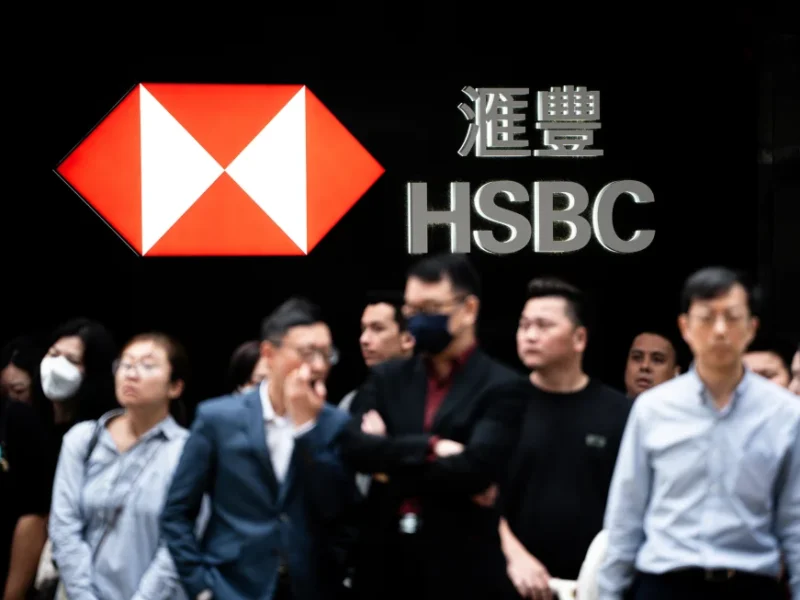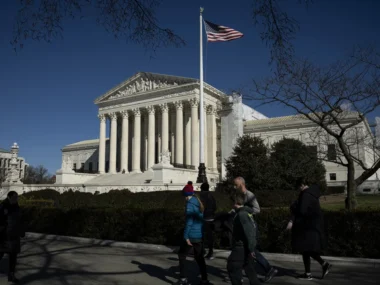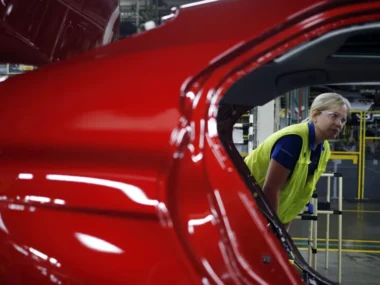HSBC experienced a significant decline in quarterly profit on Wednesday, largely due to a $3 billion hit stemming from its stake in China’s Bank of Communications (BoCom) and another charge linked to exposure to China’s troubled real estate sector.
The Asia-focused bank reported an 80% drop in pretax profit in the final quarter of 2023 compared to the same period in 2022. This decline was attributed to two charges: $3 billion related to BoCom, one of China’s major banks, and $2 billion from the sale of its retail banking business in France. The $3 billion impairment on BoCom was determined after a December evaluation, which factored in future cash flow estimates.
Additionally, HSBC set aside $3.4 billion in provisions to cover expected credit losses and other charges associated with its exposure to mainland China’s commercial real estate sector.
Despite these challenges, HSBC maintains a positive outlook on China’s economy, acknowledging a bumpy recovery following reopening but expecting growth to align with the annual target of around 5% in 2023. Chairman Mark Tucker highlighted policy measures to support the property sector and local government debt as factors expected to contribute to continued growth in 2024.
However, HSBC’s results were overshadowed by concerns over China’s real estate crisis, impacting the bank’s Hong Kong-listed shares, which closed nearly 4% lower, and London-listed shares, which fell 7% at market open.
HSBC holds a 19% stake in BoCom, emphasizing its commitment to maximizing the mutual value of their partnership despite the challenges. Other European banks, such as Standard Chartered, have also been affected by China’s property woes, with a reported credit impairment charge related to commercial real estate in the country.
China’s property market has been in turmoil since 2021, characterized by a decline in real estate investment and property sales, along with numerous debt defaults by major developers, including Evergrande, once the country’s second-largest homebuilder, which was ordered to liquidate last month.











